Innovative Farming Techniques
We at PEEPAL RC practice various forms of innovative farming techniques and make them accessible for our farmers to adapt to them by giving them exposure and hands-on experience of these techniques. Some of them are listed below:Permaculture
Our Permaculture farming practice aims to provide an alternative solution to current conventional and chemical agricultural practices. A self-sufficient and sustainable practice of farming gives farmers a way to achieve high yields and productivity while doing it in a more sustainable and environmentally-friendly way than conventional farming methods. We would follow the philosophy of natural practices and a more holistic approach so as to take the production in harmony with nature. It includes a set of design principles derived using whole systems thinking.
It uses these principles in fields such as regenerative agriculture, rewilding, and community resilience.
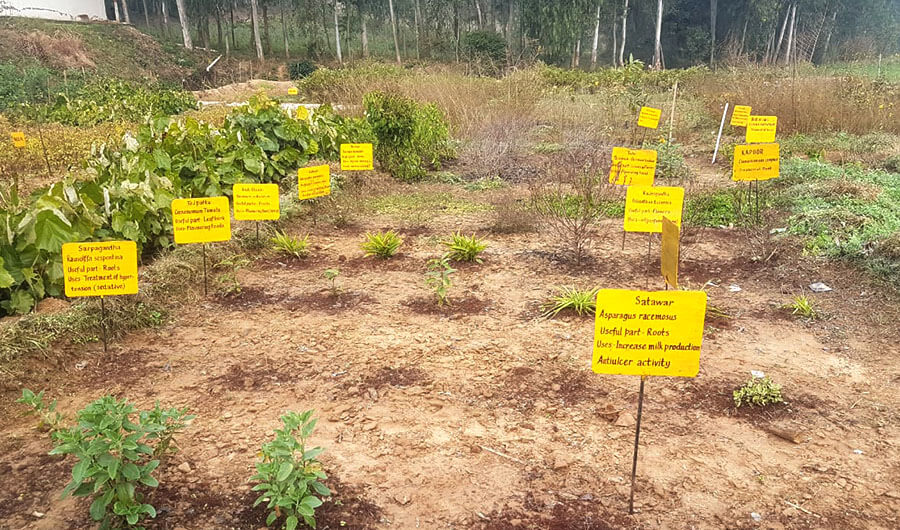 " alt="">
" alt="">
Aquaculture / Hydroponics
We have adapted the technique of hydroponics and integrated it with fish farming and cultivation of leafy vegetables to produce high grade vegetable oils.
All the nutrients needed for the plants are provided through pipelines that saves the produce from insects and birds. (Use Image of Hydroponics)
In hydroponics a nutrient-charged, aquatic solution is flushed through the roots of the plant to provide the necessary resources for optimal growth. “In the hydroponic system, there is a reservoir where you add water along with basic nutrient salts such as potassium and nitrogen, in proportion to what the plants require and how much water is used,”
Aquaponics on the other hand, is a combination of aquaculture and hydroponic systems. It utilises the waste of one element to benefit another thus mimicking a natural ecosystem.
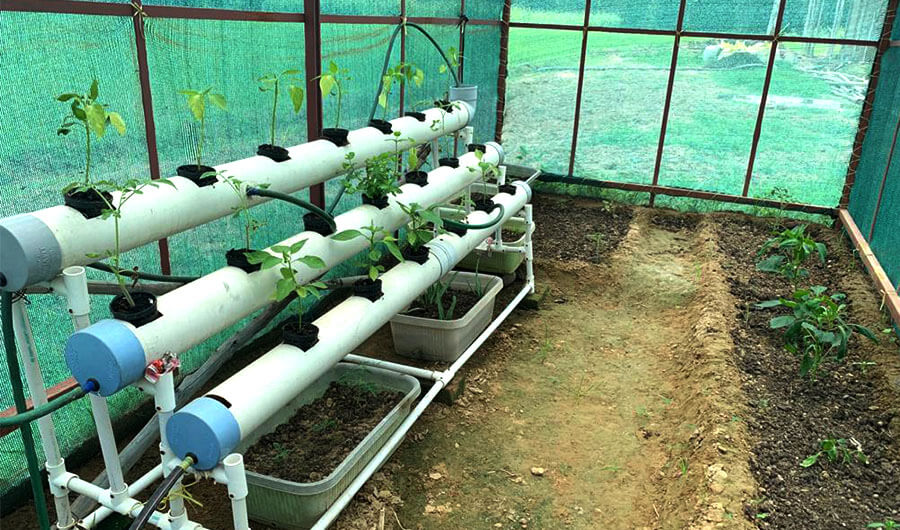 " alt="">
" alt="">
Urban Gardening
It is a space efficient technique of cultivation of crops in the areas with limited tangible resources and has been incorporated in our RC to make efficient use of the resources available with minimum to no wastage.
You can actually grow more than you realize in really small areas as long as they get a bit of direct sunlight. Basic vegetables like basil (tulsi), mint leaves (pudina), coriander, curry leaves, chillies, lemon grass and different varieties of spinach are the easiest to grow. Since they don’t require too much sunlight, these plant can be kept in a living room or placed near the window. Once you are well-versed with simple plants, graduate to growing cabbage, cauliflower, capsicum, radish, onions and tomatoes.
You don’t need to invest in fancy or earthen pots – plastic bottles, buckets, are great for growing plants too.
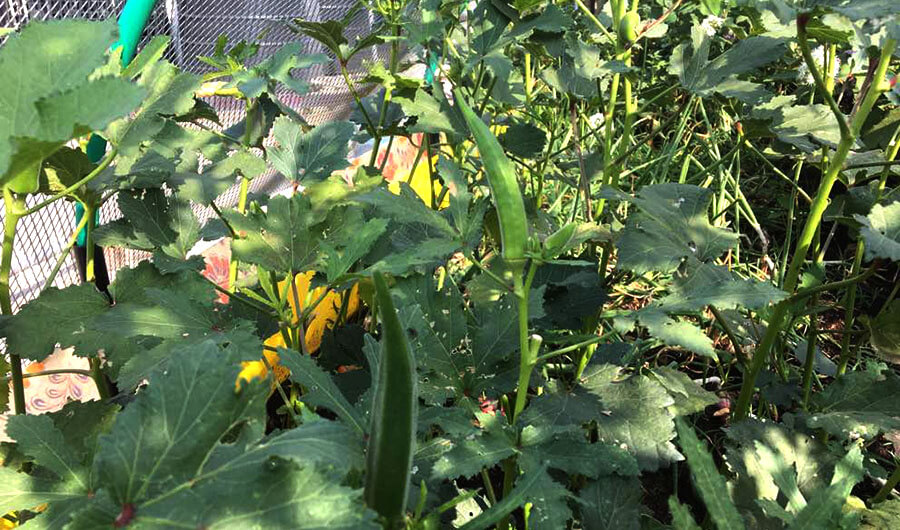 " alt="">
" alt="">
Rooftop Farming
We have been practicing rooftop farming using green roofs and hydroponics in our RC. This provides a chemical-free, nutritious, fresh food
Choosing vegetables that are low maintenance and have short roots were two of the most important
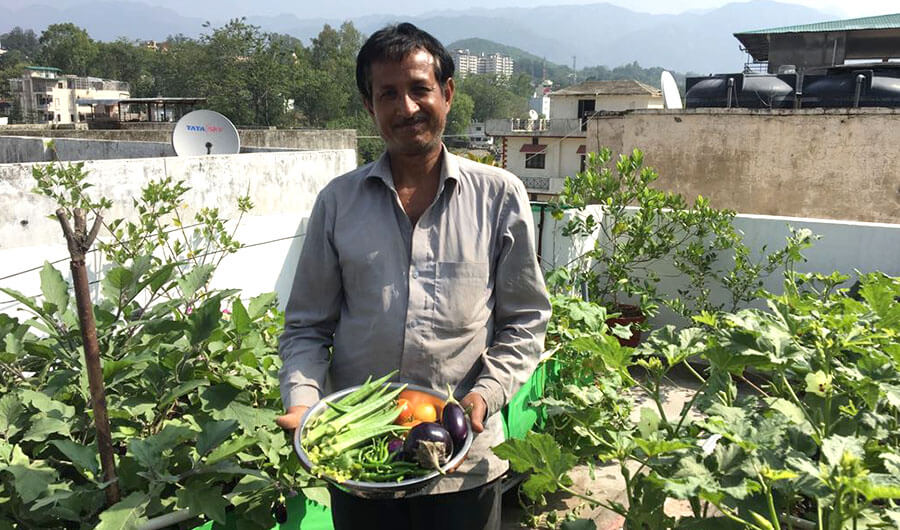 " alt="">
" alt="">
Azolla Farming
We have been cultivating Azolla as it has many nutrient benefits compared to other fodder.
Azolla is a very common free-floating aquatic fern. It can be found in moist soil, ditches, and pools, and is a highly productive plant. It doubles its biomass in 10–15 days if the conditions are right.
Its green fodder grows on the water surface which provides green fodder throughout the year. The benefit of using Azolla is that it is locally available and inexpensive. It is cheap and renewable
It is an excellent alternate feed supplement for livestock, poultry and fish.
It has drastically helped us with reducing the feed cost and increasing the milk yield.
It can be used for many vegetables and plantation crops.Another interesting use is that Azolla can be utilised as a biofertilizer for agricultural crops.It is a huge source of nutrition for soil.Azolla can be used as green manure.The azolla plant is able to purify water and is used as a medicine as well.
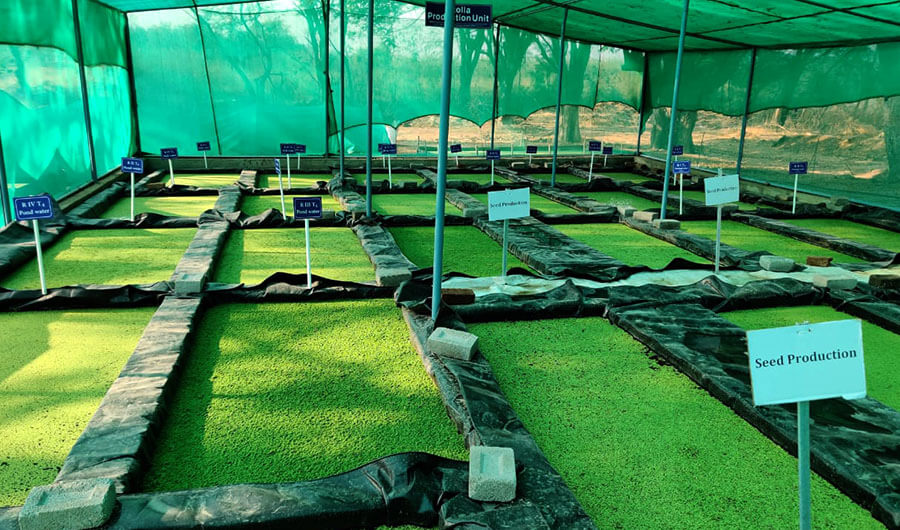 " alt="">
" alt="">
Vermicompost
We have been using vermicomposting to create a mixture of decomposing vegetable or food waste, bedding materials, and vermicast.
Vermicompost is a process of preparing enriched compost with the use of earthworms. Earthworms consume biomass and excrete it in digested form called worm casts, which has been termed as ‘black gold’ due to its nutrient rich properties. Earthworms live upto three years and rapidly reproduce making the process sustainable and cheap. Apart from its growing importance as an integral component of the organic farming system, vermicomposting is also regarded as clean, sustainable and a zero-waste approach as microbes assist earthworms in waste degradation on a large scale.
We have interfered in the natural system by adding chemical fertilizers and pesticides that have an adverse effect on our health. However using organic products compliments the natural way of things rather than altering it which is healthy for both the soil and for us
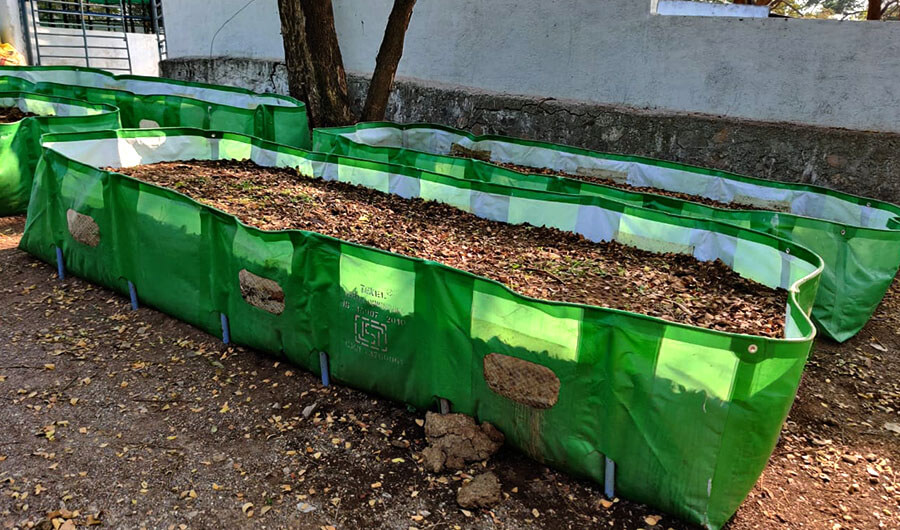 " alt="">
" alt="">
